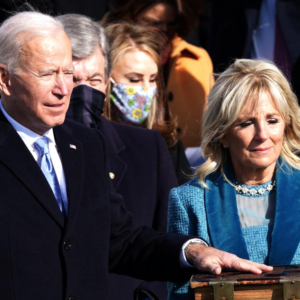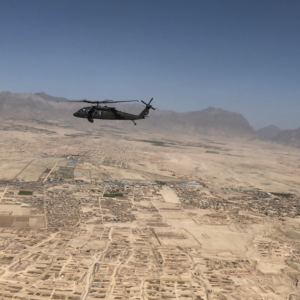
Image via The Nepali Man
The International Affairs Forum (IAF) at the Cornell Institute for Public Affairs recently hosted Kashish Das Shrestha, a policy analyst, writer, and environmental activist from Nepal. Besides being an advisor to Gagan Thapa, the Chairman of the Parliamentary Committee on Agriculture, Energy, and Natural Resources, Kashish is also a co-author of Mr. Thapa’s election manifesto, Towards a Sustainable Kathmandu. As Nepal heads towards modernization, both as a democracy and as a rapidly growing urban centre, the dialogue around development is only getting more interesting.
After his lecture, IAF’s Communication Chair Diana Zeng had a candid chat with Kashish about his work and the best and worst of talking policy with politicians. Excerpts:
DIANA ZENG: It seems that you have a wide set of interests and a varied project portfolio. Do you feel that there has been an interplay in your interest in environmental issues, politics, sustainability, and policy?
KASHISH DAS SHRESTHA: I think so. I speak to experts all the time, and I notice how their entire lens is so focused. It’s only after speaking to 5 different experts is when the whole picture begins to emerge. And so, I’m just in this position of good fortune where I’m able to process these wonderful ideas occurring in different spaces and disciplines. That’s the only reason I’m useful—it’s because I studied economics, environmental science, politics, popular culture. I’m engaged with all these different fields and sectors, and I think that’s the reason I’m able to connect all these dots.
DZ: What would you say have been some of the biggest challenges in implementing sustainable development projects and initiatives in Kathmandu and Nepal?
KDS: Very simply, the way politics functions in Nepal, even for someone who’s as powerful as the Chairman for the Parliamentary Committee for Environmental Resource and Energy is not just powerful because of his position but he has tremendous national political influence. I’m working with him (Gagan Thapa) directly, and I’m working as his chief advisor for sustainable development. Even working on his team, it’s sometimes hard to get the message across, because everyone else is on a different wavelength. And that’s a challenge, and people sometimes say, “how can you be talking about these [sustainability] things when we’re trying to write the constitution?”, and then I say, “then what happens the day after you write the constitution?” I mean, the constitutional discussion is all the more reason to be talking about all these things. But the biggest challenge is the attention span in these issues, and the interest from politicians for these issues.
DZ: Is there a lot of interest in environmental and sustainability issues within the larger Nepali populace?
KDS: I think so, because we are an agrarian country. 30 percent of our GDP comes from agriculture, and 80 percent of our labour force is engaged in some form of agriculture. So, this is one of the biggest economic sectors that the country has. And this sector is also the one that is most immediately and hardest hit by climate change and environmental issues. So we’re on the forefront in facing climate change—we’re the 15th most climate vulnerable country in the world. And that immediately affects two of the largest sectors in Nepal, one of which is agriculture as I just said, and two is tourism. I’m actually shocked at the lack of interest in genuinely addressing these issues through a climate change context. Agriculture is always a big political topic—people love to talk about agriculture all the time, you know, because it employs 80 percent of the workforce. But even then, there’s no political direction towards agriculture, which is shocking. You know, this last monsoon we had major floods and natural disasters in the country. And there was a lot of crop failure and farm damage. So, we call a parliamentary hearing to assess what the damage is; and it turns out that the entire budget allocated to deal with natural disasters is not even enough for one district’s loss. So it’s very odd that a sector that important to the economy has so little clout.
DZ: Why don’t you think it has more clout?
KDS: Policy makers themselves never saw it as a long term commitment to themselves. Politics in Nepal are always in flux: you may be minister for a year if you’re lucky. And so, they don’t really think about the big picture. They rely almost entirely on the secretaries of the ministries. Every year the national budget is announced, and agriculture is called a national priority—and yet, nothing gets done. There’s always a fertilizer shortage, there’s an irrigation crisis. Actually, agriculture is symbolic of the disconnect of the political class and their public political commitment. I guess because we’ve come out of a conflict, just had an election—I understand bureaucratic, technological challenges and all that. But at the same time, every time we’ve had an election, the same people responsible for writing the constitution are also the people who are elected to the parliament. So, if I only talk about their responsibility to the assembly, then I’m encouraging them to ignore 50 percent of their duty, which is to serve as a member of parliament and address all these issues. And so, that’s the public conversation I have very often: don’t forget they’re also parliamentarians, they’re not just constitutionary members. Writing the constitution is only half their job; the other half is to make sure the ministries are operating in an effective manner.





